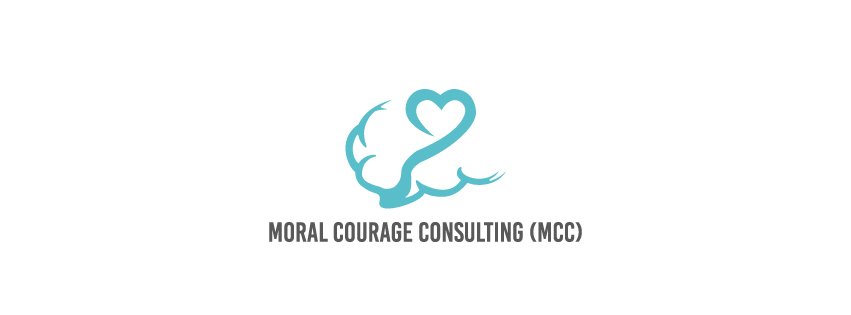Reimagining the Four Burners: What Happens When the Work Burner Flickers?
You may have heard of the Four Burners Theory—made popular in productivity conversations and referenced by writers like James Clear. It offers a simple but powerful metaphor for thinking about life balance:
Imagine your life as a stovetop with four burners:
Work, Family, Friends, and Health.
Which burner(s) is on for you right now?
You only have so much fuel to distribute. If each burner gets 25%, everything stays on a low simmer—but nothing gets the full attention it might need to truly thrive.
In order to succeed in one area, the theory suggests you often have to turn down (or off) one or more of the others. For example, when launching a project, meeting intense demands at work, or going through a caregiving period, many people lower the flame on friends, health, and even family, in order to keep the work burner running high.
🔥 When the Work Burner Becomes the Only One
This pattern is especially common in helping professions—social workers, therapists, healthcare providers, educators, nonprofit leaders—and, given the current climate, those in federal or foreign service.
The emotional and intellectual energy poured into serving others (and often, serving your country) can feel both meaningful and urgent. It’s easy to lose sight of how slowly, almost invisibly, the other burners start to dim. And most of the time, it’s done with good intentions.
But over time, over-reliance on the work burner can lead to burnout, moral distress, and a deep sense of disconnection from yourself and the people who matter to you.
💭 Understanding Moral Distress
Moral distress doesn’t always come from doing the wrong thing—it can arise when we’re doing too much of the "right" thing at the expense of our own well-being. When we neglect our health, our relationships, or parts of our identity outside of work, we may begin to feel regret, guilt, or even grief for the parts of ourselves we've sidelined.
Many people assume they’ll come back to those other burners "when things calm down." But sometimes that time never arrives—or, worse, the work burner dims unexpectedly due to job loss, burnout, or a shift in identity. And suddenly, the other burners aren’t ready to pick up the slack because they haven’t been fueled in a long time.
🔄 Rekindling What’s Been Neglected
This is often when people try to turn the other burners back on—but find they don’t ignite easily. It can be surprising or even painful to realize how disconnected you feel from old friends, how distant you are from your family, or how out of touch you are with your own body and health.
And that can bring up even more distress: “I thought I’d be able to come back to this whenever I wanted.”
The truth is, it’s possible to rekindle those parts of your life—but it takes time, intentional effort, and self-compassion. It starts with acknowledging the imbalance and gently shifting your energy.
🔎 Questions to Reflect On—Burner by Burner
Here are a few prompts I often share with clients who are in this season of rebalancing:
🔥 Health
When was the last time you had a basic check-up?
Is there a form of movement you once enjoyed (or have been curious about)?
Could you take a walk today—ideally with someone else—or simply stretch and breathe for ten minutes?
🔥 Friends
Who have you been meaning to text back or reach out to?
Is there someone you’d like to reconnect with, even briefly? Try this:
“Hi, I know it’s been a while—I’d really love to catch up if you’re up for it. Could we set a time to chat?”
Small steps matter. You don’t need to fix everything in one day.
🔥 Family
Who do you consider your family—biological or chosen?
What would showing up more meaningfully look like?
Could you share that intention with them, even if you’re not sure what it looks like yet?
Sometimes just naming the desire for change opens the door for connection.
🔥 Work
If your work burner feels uncertain, know that every intentional action—updating your resume, talking with a mentor, reflecting on next steps—is part of refueling.
Progress may feel slow or invisible, but effort still counts. You’re not starting from scratch—you’re starting from experience.
The Goal Isn’t Perfect Balance
It’s important to remember that balance doesn’t mean equal. It means intentional. There will always be seasons when one area needs more from you than others—but what matters is that you don’t forget the rest of the stove.
Reconnecting with neglected burners is not about guilt—it’s about choice. It’s about shifting your energy in ways that support your wholeness and well-being, especially during seasons of transition.
So, which burner might need a little extra fuel right now?
And how might you gently begin to turn it back on?


